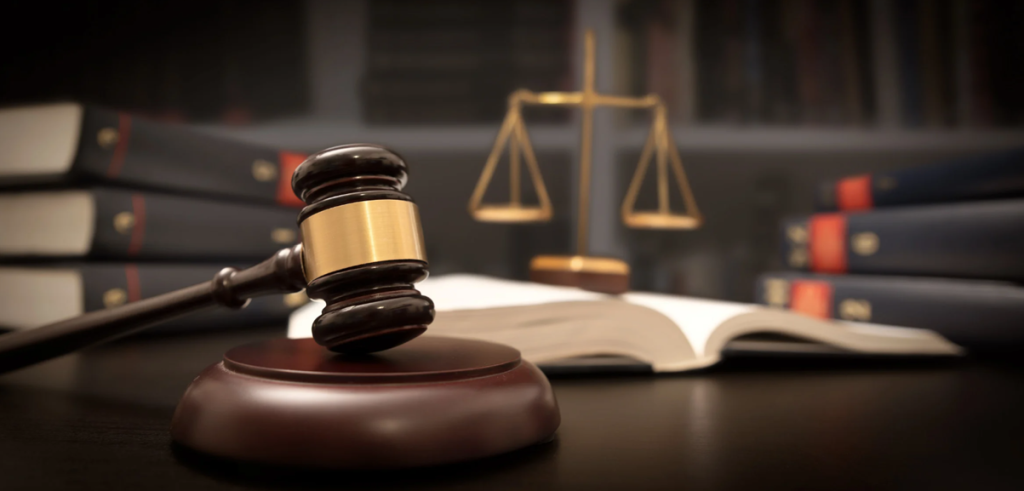
General Committee of Adjustment CP West

Sister and Brothers,
Attached are two CROA awards received today involving Brother Robert
Self of Lethbridge. 10 Day Suspension for a Run Through Switch and
Dismissal for Failure to Protect the Point.
As you can see, we were 100% successful in our arguments – both
assessments were expunged, and Robert Self has been ordered reinstated
and “made whole from his losses.”
Regarding the 10 Day Suspension for a Run Through Switch, it’s
important to note that the Arbitrator did not allow the Company to
expand its arguments beyond what was contained within the investigation
or the Form 104. During arbitration, the Company attempted to add
allegations that Mr. Self did not properly communicate the position of
the switch, or that he could have been clearer in his communication.
However, the investigating officer and the Form 104 did not cite any
rule violations regarding communication. He was cited for violating Rule
Book for T&E 9.1, failure to stop short of a switch not properly lined.
Mr. Self was working RCLS, the movement was light engine, and his
foreman was in control of the movement. Both crew members were
positioned on the end platform of the locomotive. Mr. Self advised his
foreman that they had to get the switch, then proceeded to the stepwell
to be in position to line the switch. The foreman misunderstood Mr. Self
and thought he meant they needed to line the switch back after passing
over it. The foreman admitted the error was his. Some key excerpts:
[9] The Company did not at any point in
the Grievance procedure maintain that the Grievor did not properly
communicate to his crewmate regarding this Switch. Neither did it
suggest in its Form 104 that the Grievor failed to properly communicate
to his crewmate. There is in fact rules relating to communication as
between crewmates. Those rules were not set out in the Form 104.
[10] The Union maintained the Company
expanded its grounds for discipline by relying on the issue of
communication at this hearing.
[11] This argument is persuasive. The
Grievor is entitled to know and understand the basis for the Company’s
discipline, as is the Union. It is well-settled in arbitral
jurisprudence that the grounds for discipline cannot be expanded at a
hearing: Re USW and Aerocide Dispensers Ltd. (1965) 15 L.A.G. 416. At p.
426.
[12] The Company must rely on the grounds
for dismissal which are set out in the Form 104. The Form 104 which sets
out those grounds – in conjunction with the Investigation – aids the
Union in determining how best to defend the Grievor against the
allegations made.
…
[18] The Company bears the burden for
establishing culpability. Even if it had raised the appropriate ground
in its Form 104, that burden would not have been met in this case.
[19] I cannot agree with the Company that
the fact that a run through occurred supports that the Grievor did not
take the appropriate action. That result does not necessarily follow.
The Grievor is only one member of a two-man crew. The Grievor may take
all reasonable measures he can take; and – given that he is not at the
controls – those actions may still not result in avoidance of an
accident.
Regarding the dismissal, the grievance was upheld due to the
Company’s failure to properly produce a complete locomotive download.
The Union was unable to verify the train-handling of the RCLS crew
operating the movement. The grievor was protecting the point while
operating a company vehicle. However, the procedural mistake of not
providing the complete download unfairly prejudiced Mr. Self, resulting
in the grievance being upheld. This is
crucial. Proper objections need to be entered, and arguments made, when
incomplete or partial downloads are provided during investigations.
In this case, only the last minute or so of the movement was
provided, and there was no information regarding air brakes or speed
selected by the RCLS unit. The lack of airbrake information was
objected to during the investigation, and despite the IO stating that it
would be provided, it was never forthcoming.
When entering your request for full disclosure during an
investigation, if there are any specific pieces of evidence missing, or
if evidence is incomplete, those specifics should be entered into the
investigation as an objection.
[29] In this case, the Company did not
dispute that the download provided to the Union was incomplete. In
particular, that download was missing key data on the air brake system.
[30] The Company representatives at the hearing were not aware of the reason why the full download evidence was not provided to the Grievor as part of the Investigation.
[31] The download evidence in this case
is important information which has a bearing on the Grievor’s
responsibility for this accident. The Grievor maintained he gave the
appropriate car counts and it was the crew who was operating the Train
too quickly, who was responsible for this collision. The information
from the train’s download for when and how the brakes were applied to
the Train – to verify how the crew responded to the Grievor’s car counts
– is important and key information
to determine whether the Grievor was also
responsible for the collision which occurred.
[32] That download evidence was
incomplete and was not provided to the Union when it was requested. The
Company was required to either provide that evidence, or to explain why
it could not be provided.
[33] Given the importance of this
information and the failure of the Company to explain why it was not
provided when requested, the Investigation was not fair or impartially
conducted.
[34] The discipline which arose from that
failed Investigatory process is rendered void ab initio.
If you have any questions about these awards or how to properly enter
objections into an investigation, please let us know so that we can
assist you in these matters.
Fraternally,
Jason Hnatiuk
Vice General
Chairman CTY West